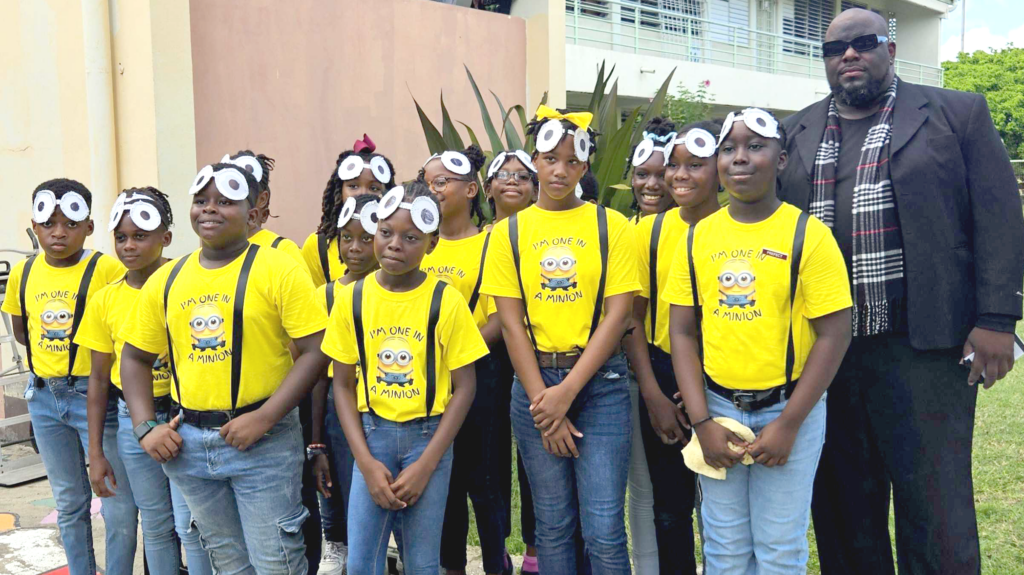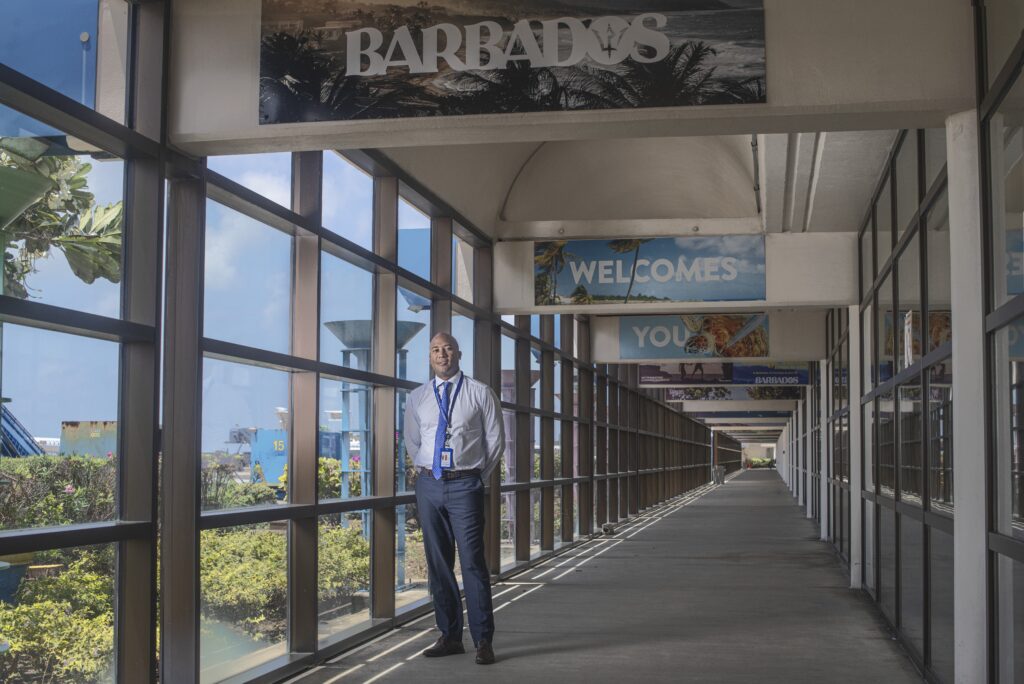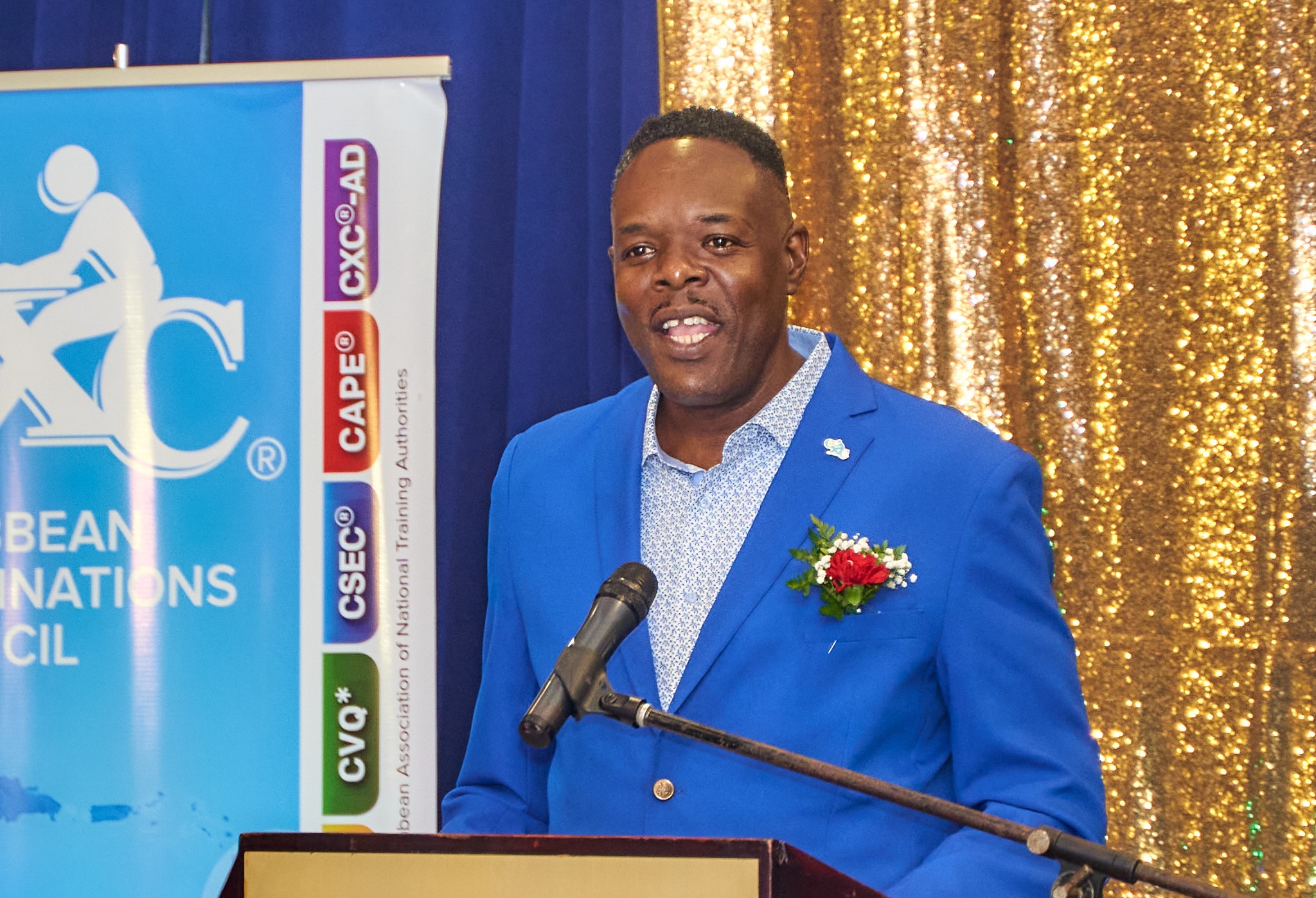Hilda Skeene Primary School Enhances Student Literacy Through Creative Methods and Parental Engagement

October 31, 2024
Hilda Skeene Primary School's language department implements creative methods to enhance students' reading and writing skills. Efforts include engaging parents and utilizing innovative teaching techniques to address literacy challenges.
The language department at Hilda Skeene Primary School is touting creative methods to help students improve their reading and writing skills.
Language coordinator Nikki Daniel told Barbados TODAY on Wednesday that a number of children who were subject to online learning in their early childhood due to health restrictions imposed as a result of the COVID-19 pandemic had difficulty reading and writing, and this issue also affected their learning ability in other subjects besides English language.
She said the St Philip school was reaching out more to parents to get them involved in their children’s education, as well as applying creative learning techniques to ensure no student was left behind.
Daniel was speaking after a Character Day parade, in which scores of students had the opportunity to dress up as their favourite story characters and parade in front of the entire school body.
“The theme of our literacy week is: It Takes a Community to Build a Nation of Readers. We wanted to really highlight the important role of parents, guardians, or anyone really who spends time with children, and the role that they can play in encouraging them and helping them to read from a very early age, in terms of learning letter sounds and recognising letters or even just loving books and reading bedtime stories. We don’t have a lot of people taking their children to the library anymore, so we want to encourage that,” Daniel said.
“We really want to encourage people to spend time reading with their children; it is a fun activity and it is also important for parents to let their children see them reading as well. They need to set an example.”
Daniel said many pupils at the primary school level had literacy challenges which were harming their class performance.
She said: “We have noticed some issues, especially with those students who would have started their formative years during COVID-19. You find that some of those students who were not able to get online have serious issues in terms of their phonetic skills, and they’re behind in terms of reading. We also find there are issues with spelling, which translates into every other subject that they do. It makes the student frustrated; they’re not able to follow along in class, they get bored, and then they tend to find something else to do.”
Daniel said the school was trying a holistic approach “where everybody is part of the solution and everybody is trying to get that child to be a competent reader”.
“We started this week by encouraging the parents to not only read to the children but also to assist them in book reports,” Daniel said. “Even with the little ones, we wanted the parents to assist in oral book reports. The students had to indicate who their character is, why this is their favourite character, what book their character is from, who they like the least in this story, and just be able to retell what the story is all about. We also wanted to encourage the parents to, instead of using devices to let them play games, engage in activities that will assist in their phonetic skills, spelling skills, and reading skills.”
During the week, the students participated in various fun activities that highlighted the importance of reading. They took part in a literacy march, during which they created placards with slogans about reading and writing and walked through the neighbouring community.


